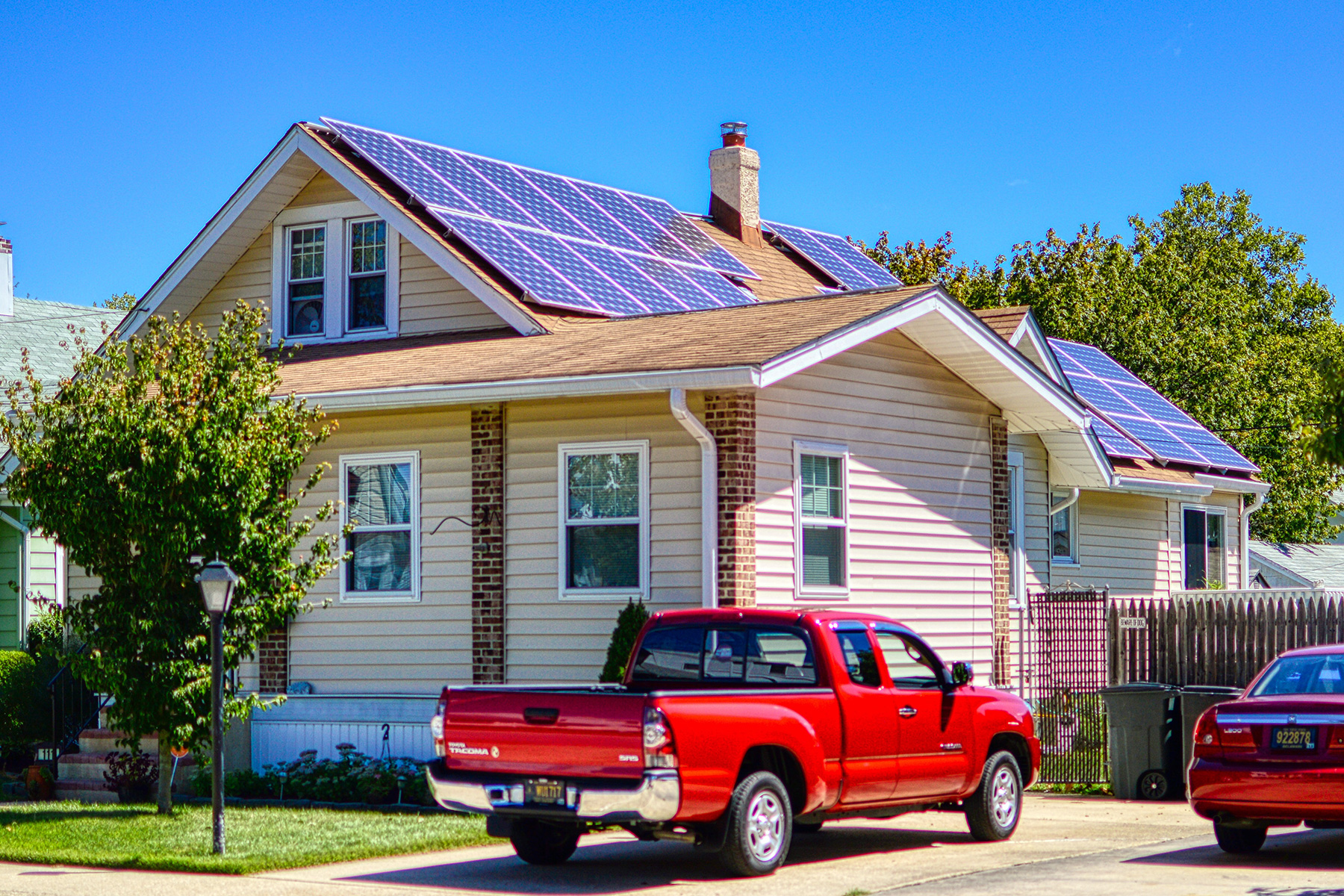Mistakes With DIY Solar Projects
Congrats on learning about Mistakes With DIY Solar Projects! You’ve decided to embark on a ‘do it yourself’ solar installation journey. Installing solar panels is one of the most environmentally conscious decisions you can make for your home and the environment. You will need tons of information to do this correctly. So, before jumping head first into this adventure, review some common mistakes with DIY solar projects.
#1 DIY Solar Project Mistake – Lack Of Experience Or Research
Installing a DIY solar panel system would seem as simple as putting the panel on the roof and connecting the cables, but it’s much more complicated. There are many possible reasons you have chosen to install your own solar project. If you have installed some appliances or repaired a broken shower head without too much trouble, solar panels might be your next task, but solar power systems are quite advanced. Building a solar panel energy system requires some specialized instructions. Committing to a few hours here and a few hours there, will cause mistakes to be made. These mistakes run the risk of causing damage that could cost you and extend your timeline.
#2 DIY Solar Project Mistake – Unrealistic Expectations
Solar panel energy systems are one of the most beneficial home improvements you can make. It’s possible they will not address 100% of your electricity needs. The general expectation is that people will immediately experience benefits of decreased energy use with their DIY Solar Project. Despite using the greatest solar panels your electricity consumption remains the same as when you were connected to the grid. Solar panels do not decrease the quantity of energy you consume; they just lower your household electricity costs. When thinking about installing solar panels, keep in mind that the initial cost is a little higher, so you’ll have to invest a significant amount of money before you can start saving.
#3 DIY Solar Project Mistake – No Calculations
This is one of the most common errors while dealing with DIY Solar Projects. Most enthusiasts do not make large detailed plans before starting a project. Instead, they estimate the number of solar panels and battery capacity needed on the fly. Estimating the amount of power and voltage the system produces is not in your best interest. Ensure you perform calculations and measurements to ensure the solar panel can meet the required energy demand. Additional measurements for battery capacity are also a great idea! This will ensure you have coverage for night time energy consumption and those rainy days. The calculation is quite easy. Consider the expected efficiency and power creation of your system compared to the energy consumption of your home. Don’t miss this step. Working the details in advance will greatly help your power system to function properly.
